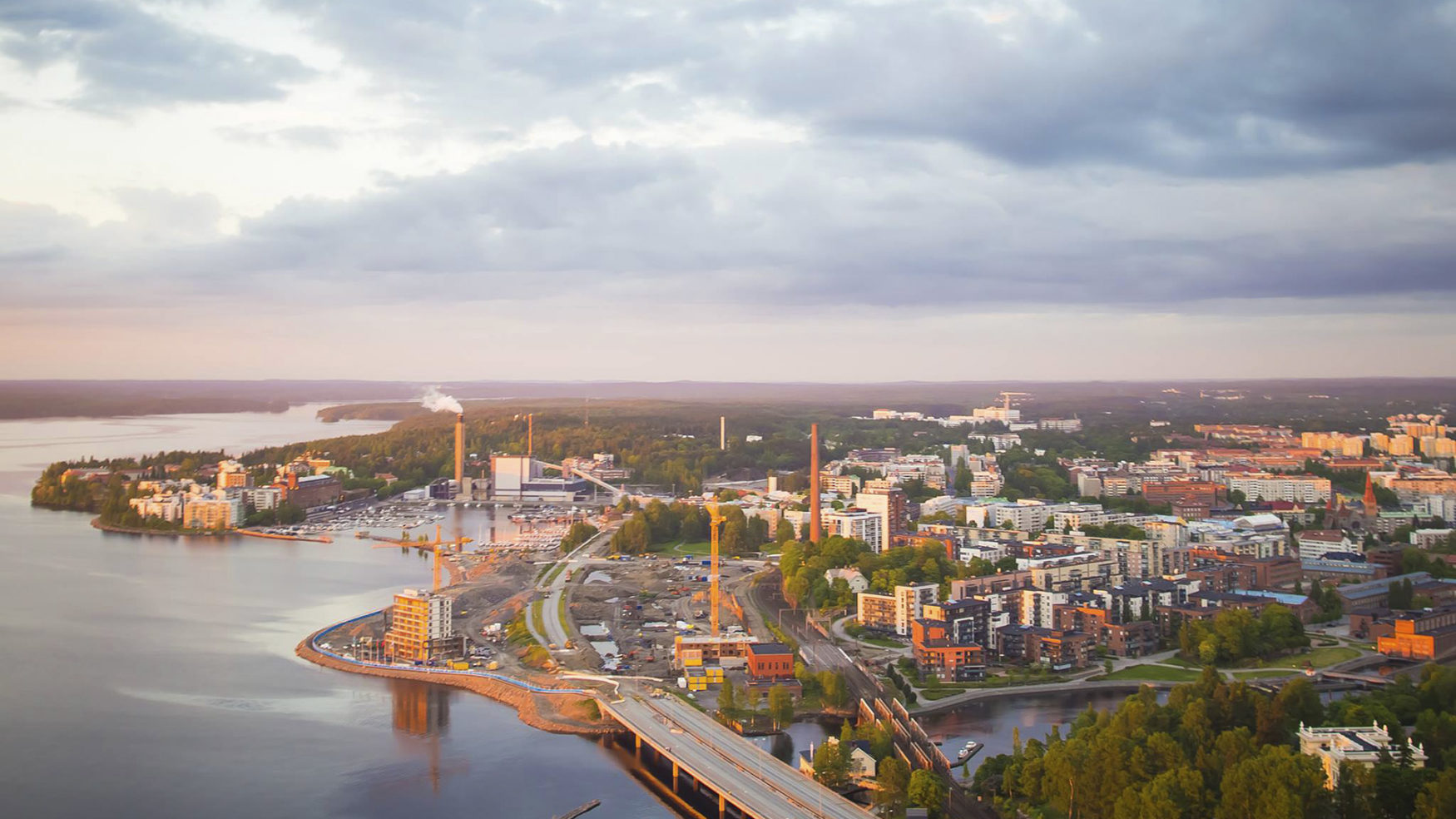By 2025, economic policy measures in the Tampere region will support a data basis that promotes sustainable and responsible development for decision-making, sustainable urban development, innovation and business. The aim is to assemble silo-like piloting and test environments by, for example, combining larger and more effective entities through experiments. Concrete, data-driven use cases that promote responsibility will be used to accelerate the construction of a regional network of actors in the data ecosystem and circular economy and to create an attractive business environment for sustainable business.
- The European data strategy will build a leading data-driven market alongside the United States and China.
- National strategies and programmes underline the importance of data-driven growth and green transition.
- It is difficult to achieve genuine ecosystem activities without common data, platform and development focus.
- Digital innovation clusters support the adoption of new technologies and development of smart solutions.
- The Tampere city region has diverse competence to benefit from the change in the data economy and the need to promote the circular economy.
- The city region is a data hub for sustainable growth, an experimental environment that accelerates the creation of a data ecosystem.
- Project activation and securing direct EU funding for green transition responding to business needs.
- The city as a test bed: development of data-driven, experimental environments for sustainable development, joint development of experiment areas and exploitation of synergies.
- Digital circular economy solutions: developing circular economy ecosystems and supporting data solutions
- Rapid experiments and innovative procurement for smart and sustainable urban development
- Strong resourcing for sustainable business services
- Supporting mutual learning between companies on data sharing and responsibility.
What has been said about the theme
Data-related issues must be strongly included, since this is a special area of expertise that the Tampere region already has.
How can data be shared and used between the public and private sector, and what kind of business can it generate? The city has had some examples of this – it is worth strengthening the viewpoint of the city as a test bed.
